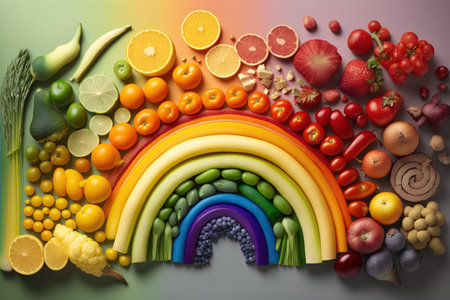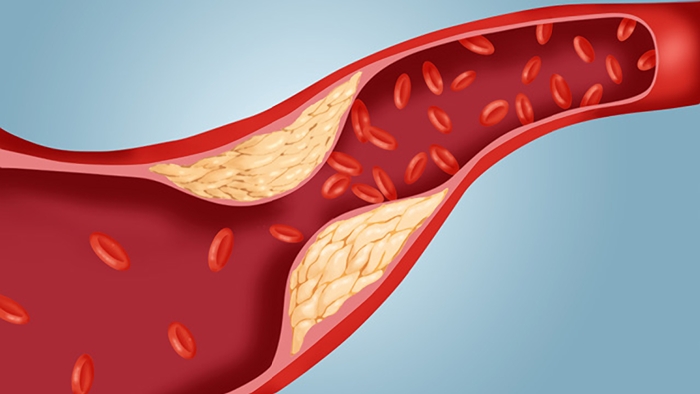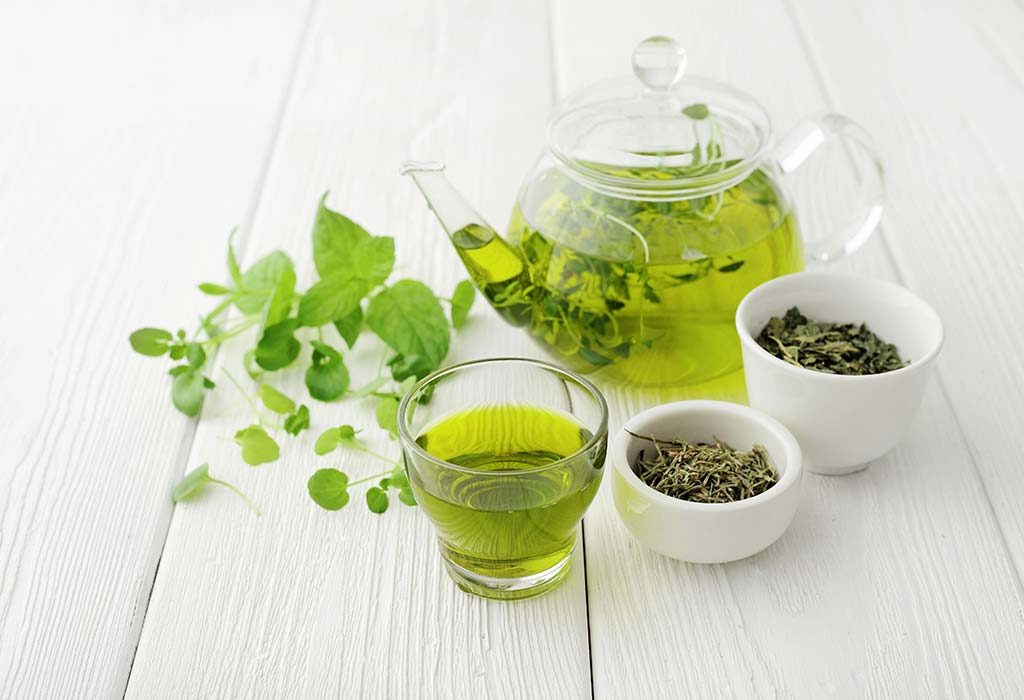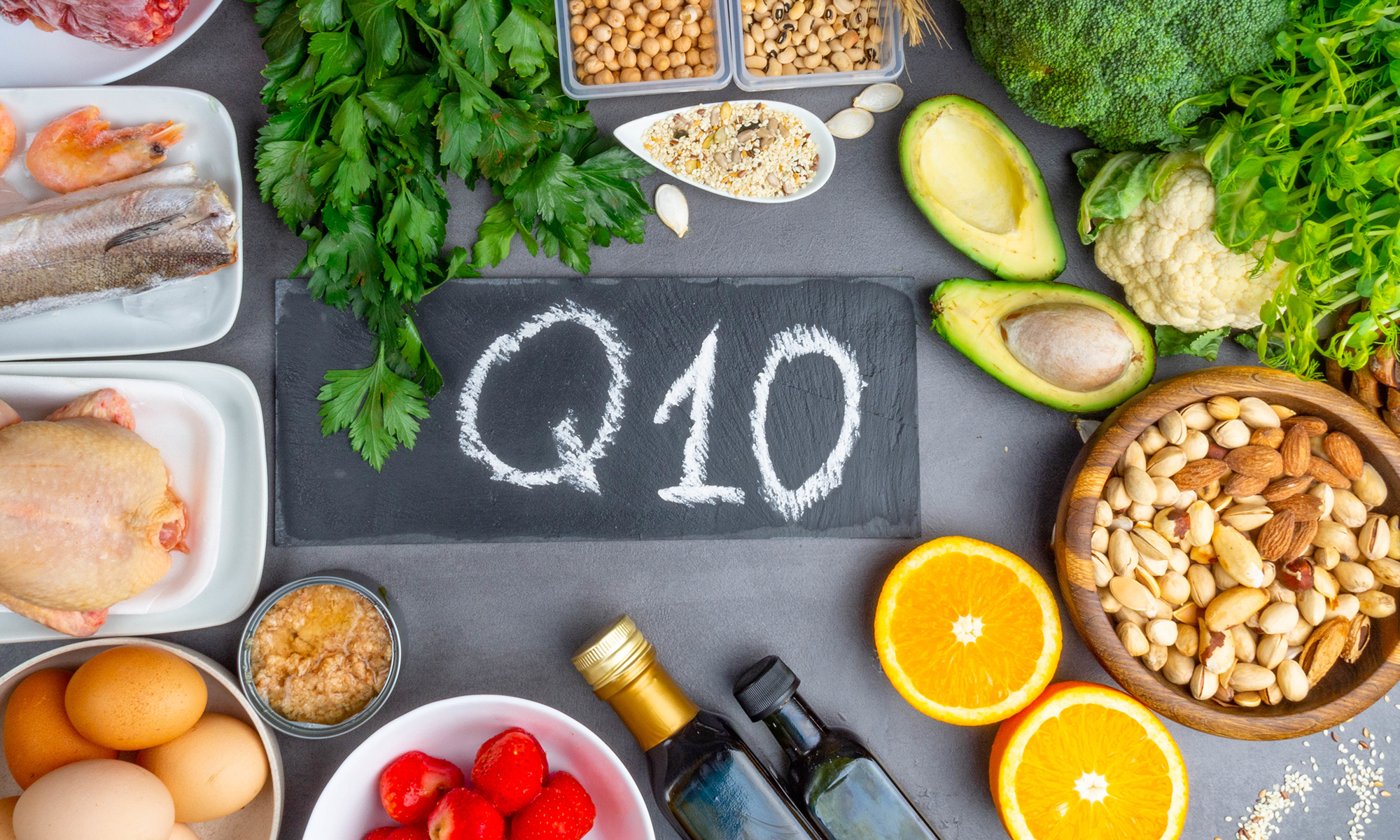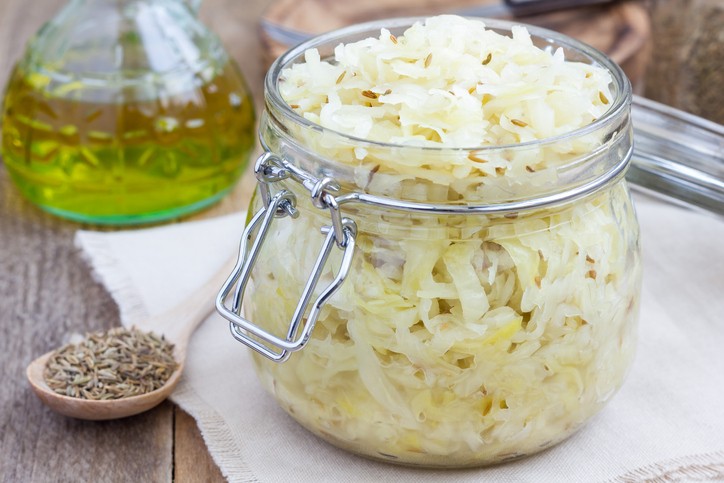Eat Your Way To A Sense of Well Being: Mood Boosting Neurotransmitters
Happy New Year! Whether you plan to make a resolution to lose weight, change your eating habits, or implement a work-out program it’s a good time to think about bringing more positivity into your life.
One of the easiest ways is to support the neurotransmitters that naturally help you to maintain a happy mood. Neurotransmitters are the brain chemicals that communicate information throughout your brain and body. They tell your heart to beat, your lungs to breathe, and your stomach to digest. They also affect mood, sleep, concentration, weight, and can cause adverse symptoms when they are out of balance.
So give yourself a New Year’s gift. Learn how to support your neurotransmitters by tweaking your diet and lifestyle, and notice the difference in how you feel.
There’s been a lot of talk lately about how a diet filled with ultra-processed foods can lead to poor mood. What if you included more fresh foods and healthy fats in your diet to support the “feel-good” neurotransmitters?
What Foods Are Considered Ultra-Processed?
Ultra-processed food items contain five or more ingredients, which typically include artificial food additives rarely or never used in home kitchens (e.g., preservatives, colors, texturizing agents, and olfactory and taste enhancers). Candy, pastries, chips and packaged junk foods fall in this category. Food scientists formulate them with flavors that make them addictive (think chips) so we crave them and end up eating a lot of empty calories. They are frequently low priced, convenient, shelf-stable, easily consumed and highly palatable.1
A 2021 systematic review and meta-analysis showed that ultra-processed foods accounted for 17% to 56% (mean of 37%) of total daily caloric intake across 28 countries.2
The problem is eating a lot of ultra-processed foods may increase inflammation, which can affect our physical as well as mental well-being. There’s a good explanation for this. Neurotransmitters—which we support with diet and exercise— have a direct effect on mood.
The Role of Serotonin In Your Body

Experiment and see for yourself. What do you crave when you’ve had a rough day? Comfort food like ice cream, chocolate, chips, and mac and cheese, right? These high-carb foods provide a mood boost because they contain tryptophan, an amino acid that helps the body make serotonin. Serotonin is a neurotransmitter that helps regulate mood, behavior, sleep and memory.
The problem with reaching for comfort food is that you initially feel good because of the sharp rise in blood sugar, which is necessary to process the carbohydrate load. But that good feeling wears off when your blood sugar drops, and you might feel even worse than before.
Instead of reaching for comfort foods, eat foods that enhance serotonin: salmon, soy, turkey, cheese, eggs, spinach, cottage cheese, nuts, milk, avocado, meat and — yes — chocolate (in moderation). See how much better you feel.
Activities that enhance serotonin: swimming, hiking and biking.
Dopamine: The Gas Pedal Nuerotransmitter
Sometimes referred to as the gas pedal neurotransmitter, dopamine keeps us focused and motivated. A deficiency can result in depressed mood, excessive sleeping, weight gain, and low energy. When dopamine is in balance we feel more alert and energetic. It’s depleted by addictions, sugar and cigarettes.
Foods that enhance dopamine: Meat, wild game, eggs, chocolate, blueberries, yoghurt, milk, soy, cheese, seeds and nuts, beans and legumes.3
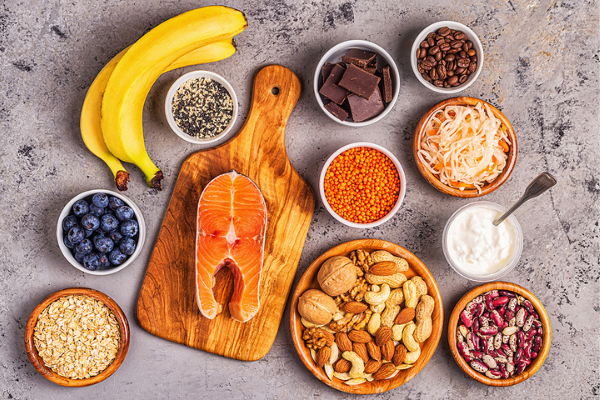
Activities than enhance dopamine: Deep breathing, weight bearing exercise and strength training.
Mood, Sleep & Energy Support with Norepinephrine
Dopamine converts to norepinephrine and they are considered a single chemical. When it’s balanced, norepinephrine supports mood, sleep and energy.
Foods that enhance norepinephrine: almonds, apples, bananas, beef liver, cheese, fish, green veggies, lean meat, nuts, grains, pineapple, poultry, tofu and leafy greens. 4
Activities that enhance norepinephrine: sufficient sleep, regular exercise, and consuming a diet with adequate protein.

You can boost levels of these neurotransmitters with some simple lifestyle changes by including a whole foods diet, exercise and meditation or a stress relieving activity such as gardening, singing or yoga.
Overall
As the saying goes, “Shop the periphery of the grocery store” for the freshest, healthiest foods and skip the soda, cookie and candy aisles. Tweaking your diet and lifestyle could be the start of a great new year, and a happier, healthier you!
Resources
- Monteiro C.A., Cannon G., Moubarac J.-C., Levy R.B., Louzada M.L.C., Jaime P.C. The UN Decade of Nutrition, the NOVA food classification and the trouble with ultra-processing. Public Health Nutr. 2018;21:5–17. doi: 10.1017/S1368980017000234.
- Lane MM, Gamage E, Travica N, Dissanayaka T, Ashtree DN, Gauci S, Lotfaliany M, O’Neil A, Jacka FN, Marx W. Ultra-Processed Food Consumption and Mental Health: A Systematic Review and Meta-Analysis of Observational Studies. Nutrients. 2022 Jun 21;14(13):2568. doi: 10.3390/nu14132568. PMID: 35807749; PMCID: PMC9268228.
- Uma Naidoo, MD. This Is Your Brain on Food. August 4, 2020. Little, Brown Spark.
- Uma Naidoo, MD. Calm Your Mind with Food. Dec. 26, 2023. Little, Brown Spark.


